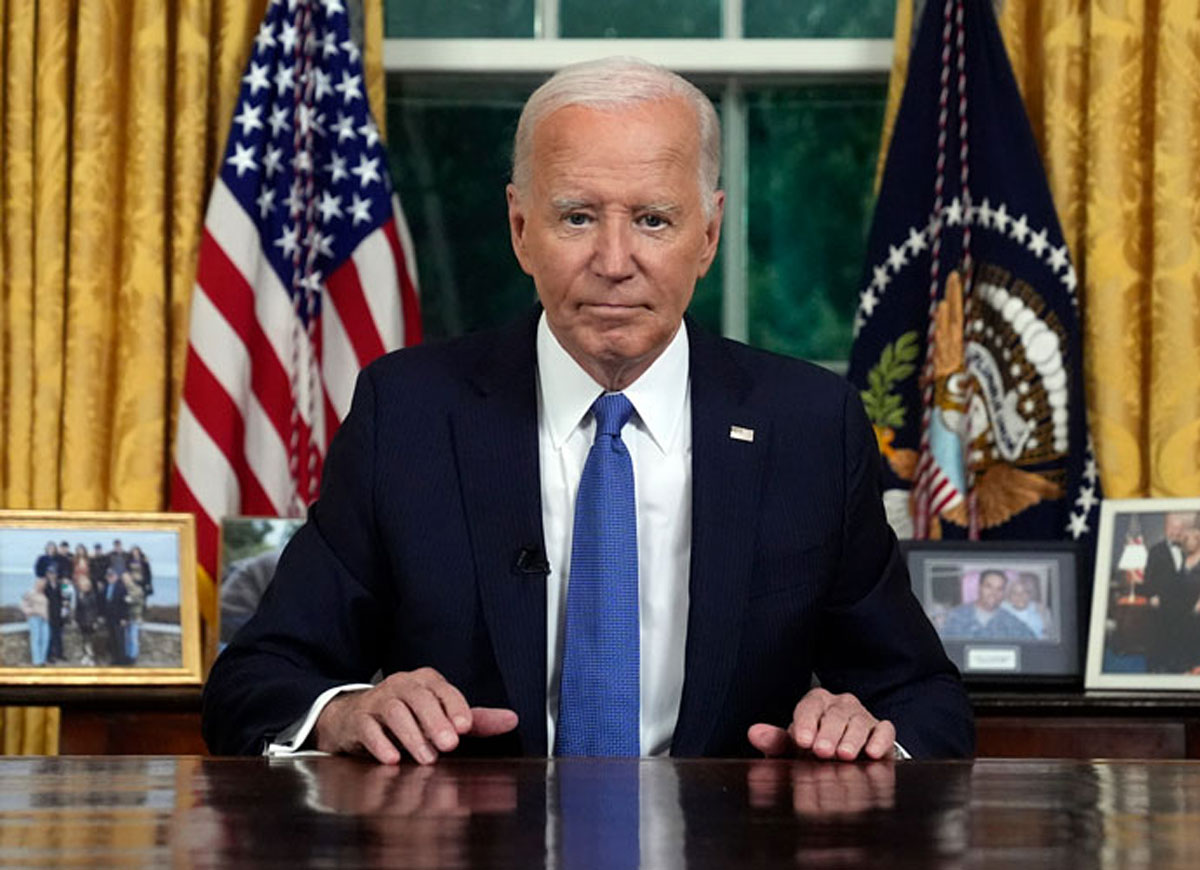Arizona Republicans Push Controversial Bill To Allow Homeowners To Kill Trespassers Amid Migrant Surge
In a move that has sparked intense debate, Arizona Republicans are pushing forward a bill that would grant individuals the legal right to use lethal force against people accused of attempting to trespass or actively trespassing on their property. Critics argue that this legislation could potentially legalize violence against undocumented immigrants, who often navigate through ranches located along the state’s border with Mexico.
Sponsored by state Rep. Justin Heap (R-Arizona), the bill aims to address what proponents see as a loophole that allows migrants to move within the United States.
The context for this proposed legislation stems from an incident that involved George Alan Kelly, an Arizona rancher who was accused of killing Gabriel Cuen Buitimea, a migrant who walked through Kelly’s 170-acre property last year. Kelly’s trial is scheduled for March 21.
If passed, the bill would expand the current doctrine that permits the use of deadly force against home intruders if deemed necessary for protection. The legislation broadens this concept to encompass intrusion onto any property or structure, whether occupied or not.
In the larger political landscape, the bill faces significant opposition. Arizona Gov. Katie Hobbs (D), who won the state’s governorship in 2022, is expected to veto the legislation if it reaches her desk. Despite Hobbs’ victory, the Republican Party maintains control of both houses of the state’s legislature.
From a national perspective, a recent poll indicates that immigration is once again considered the most pressing issue the country faces, a position it held in 2019. The Biden administration has faced internal conflicts, blame-shifting and challenges in formulating a cohesive approach to border management, contributing to the complexity and sensitivity of the immigration debate.
The proposed legislation has ignited intense discussions around immigration policy, property rights and the appropriate use of force.
Texas, another border state, has erected razor wire along the border to try and stop the migrant flow. The Supreme Court ruled that the practice is illegal, but the state has continued to add wire.
RELATED ARTICLES
Get the most-revealing celebrity conversations with the uInterview podcast!







Leave a comment